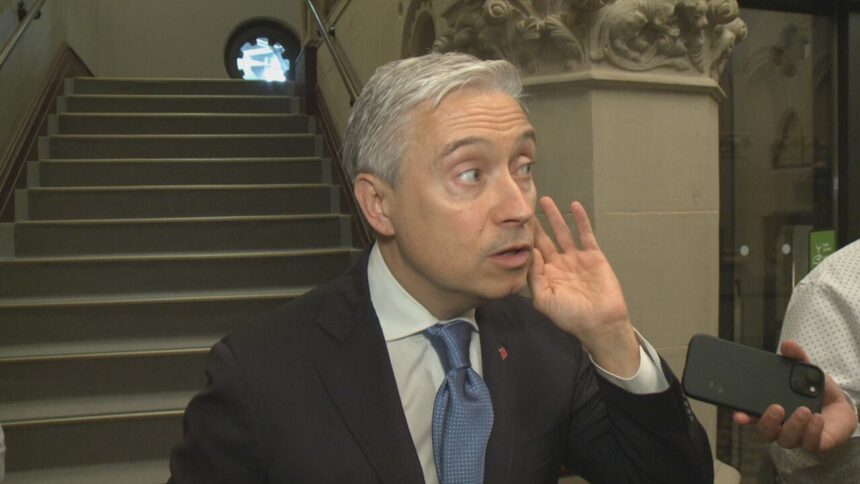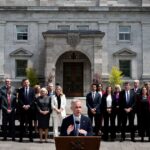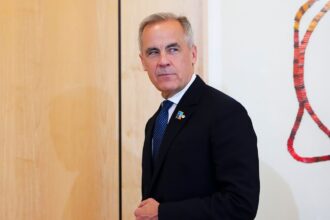In a highly anticipated announcement, Finance Minister François-Philippe Champagne confirmed today that the federal government will deliver its Fall Economic Update before the end of November, setting the stage for what many economists believe will be a pivotal moment for Canada’s fiscal trajectory amid persistent inflation and housing affordability concerns.
“Canadians can expect concrete measures addressing the cost of living challenges that families are facing across the country,” Champagne stated during a press conference in Ottawa. “This update will reflect our government’s commitment to fiscal responsibility while ensuring we continue supporting those most vulnerable to economic pressures.”
The announcement comes as Canada’s economy shows mixed signals. While employment numbers have remained relatively stable with unemployment hovering at 6.4%, inflation continues to pose challenges for household budgets. The Bank of Canada’s recent interest rate decisions have provided some relief, but many Canadian families report continued struggles with grocery prices and housing costs.
Economic analysts anticipate the update will include targeted measures rather than broad spending initiatives. “The government is walking a tightrope between addressing immediate cost pressures and maintaining fiscal prudence,” notes Dr. Elaine Wong, Senior Economist at the Canadian Economic Institute. “We should expect focused interventions rather than sweeping new programs.”
Key areas likely to be addressed include housing affordability measures, potential consumer relief provisions, and updates to previously announced initiatives aimed at strengthening Canada’s industrial competitiveness in critical sectors including manufacturing and clean technology.
Opposition critics have already voiced concerns about the timing and potential scope of the update. Conservative finance critic Jasraj Singh Hallan questioned whether the measures will go far enough. “Canadians need meaningful relief now, not half-measures that fail to address the root causes of our economic challenges,” Hallan remarked in a statement released following Champagne’s announcement.
Business leaders across the country are paying particularly close attention to potential tax adjustments and investment incentives that might be included. The Canadian Chamber of Commerce has advocated for measures to boost productivity and address labor shortages that continue to hamper growth in several sectors.
“The upcoming economic update represents a critical opportunity to signal confidence to investors while addressing the very real affordability issues facing Canadians,” said Perrin Beatty, President of the Canadian Chamber of Commerce. “We need balanced approaches that stimulate growth while managing inflation.”
The timing of the update—just as Canadians prepare for holiday spending—adds another layer of significance to the announcement. Retail associations have expressed hope that any consumer-focused measures might help stimulate spending during the crucial fourth-quarter shopping season.
Parliamentary budget watchdogs have cautioned that the government faces limited fiscal room after several years of pandemic-related spending and subsequent inflation-fighting measures. The fall update will provide critical insights into how the Trudeau government plans to navigate these constraints while addressing pressing economic concerns.
As political observers note, this economic update may also serve as a preview of priorities likely to appear in the next federal budget, potentially setting the tone for economic policy heading into a period where election positioning becomes increasingly important.
Will the government’s economic update successfully balance immediate relief with long-term fiscal sustainability, or will it represent yet another missed opportunity to address the structural challenges facing Canada’s economy?










